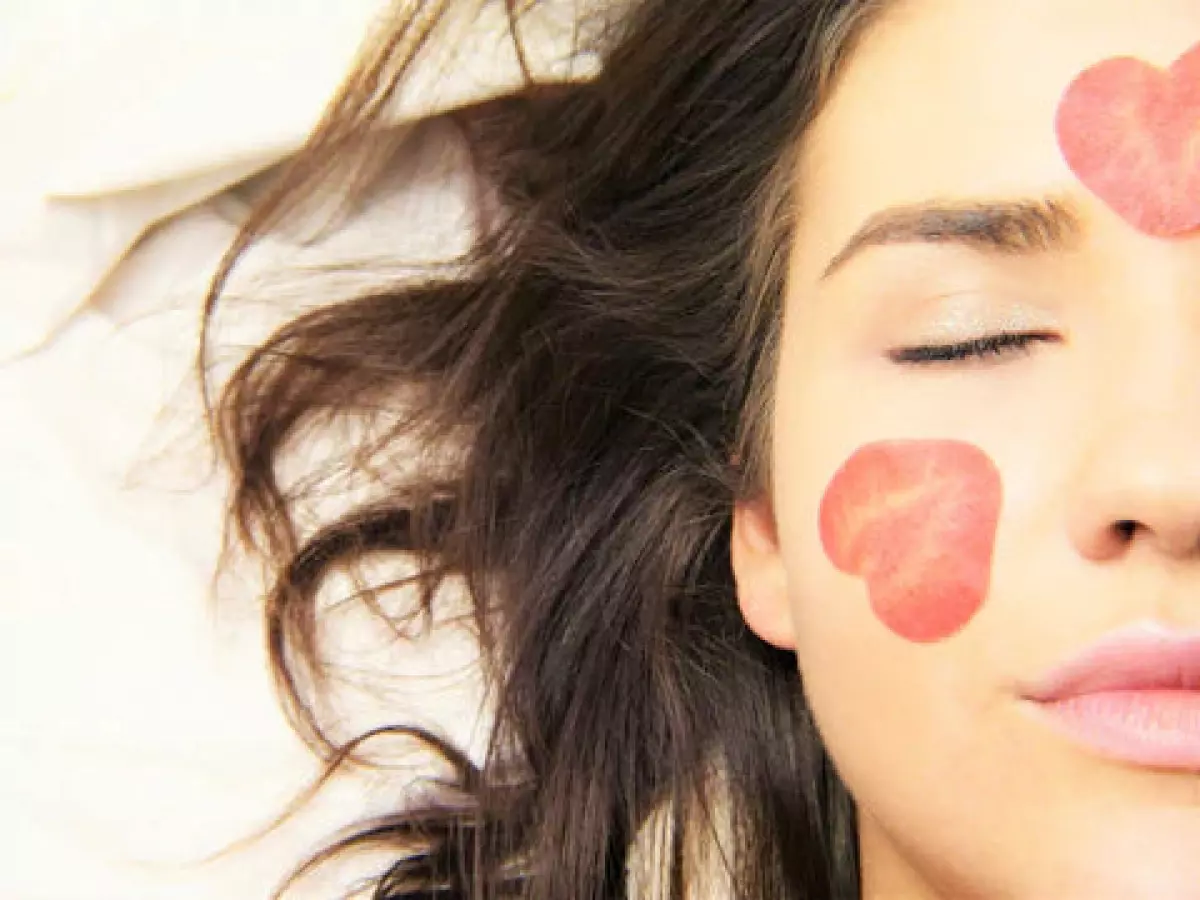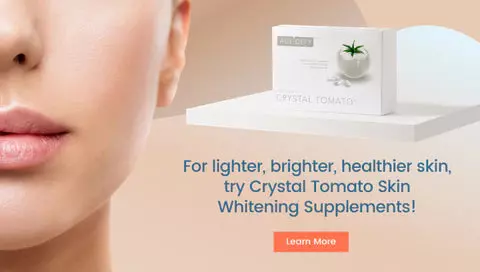 Caption: Glutathione is the secret to achieving radiant and whiter skin.
Caption: Glutathione is the secret to achieving radiant and whiter skin.
Are you on a quest for that coveted glow? Achieving flawless skin goes beyond genetics and basic skincare practices. It's time to shed light on the power of glutathione in achieving skin whitening and youthful radiance.
Glutathione and Its Impact on Skin
Glutathione, the body's potent antioxidant, plays a crucial role in maintaining cell health. This wonder compound helps remove free radicals, toxins, and heavy metals, while boosting energy production and enhancing immunity. Additionally, it delays signs of aging and improves skin health.
However, as we mentioned in our previous article on hyperpigmentation treatment, simply taking glutathione supplements won't suffice.
The Link Between Glutathione and Skin
Glutathione fights oxidative stress, which arises from an imbalance between free radicals and antioxidants in the body. Accumulation of free radicals causes damage to cells, leading to various skin issues.
Several factors contribute to glutathione deficiency, including exposure to chemical toxins, UV radiation, chronic stress, excessive alcohol consumption, smoking, poor diet, and certain medications. These deficiencies manifest as wrinkles, inflammation, hyperpigmentation, and melasma. Introducing glutathione can help combat these unsightly effects.
Glutathione is widely recognized in skincare for its skin whitening properties. It deactivates the enzyme tyrosinase, which is responsible for pigmentation production.
The Best Way to Absorb Glutathione
When consumed orally, glutathione is poorly absorbed by the body. So, what options do we have?
- Eat antioxidant-rich foods: Consuming a diet rich in antioxidants can help increase glutathione levels. This can help you achieve brighter, blemish-free skin.
- Take glutathione-stimulating supplements: Supplements that stimulate glutathione production can be an effective way to enhance your body's natural supply.
As IV injections of glutathione are banned in most countries due to safety concerns, focusing on the first two options is key.
Antioxidants and Their Role in Skin Health
Antioxidants are available in various forms, including vitamins (A, B, C, E), minerals (selenium, manganese), and phytochemicals (carotenoids, flavonoids). While all antioxidants offer health benefits, it's essential to understand that not all are equally effective.
Best Antioxidants that Boost Natural Glutathione Production
-
L-Cysteine: L-cysteine helps replenish intracellular glutathione, making it a valuable component. Studies have shown that L-cysteine acts as a free radical scavenger and aids in glutathione repletion. You can find L-cysteine in lentils, tuna, chicken breast, oatmeal, sunflower seeds, low-fat yogurt, and Swiss cheese.
-
Selenium: As a glutathione cofactor, selenium is an essential mineral that supports glutathione activity. Consuming selenium-rich foods helps maintain or increase glutathione levels. Brazil nuts, tuna, shrimp, oysters, chicken breast, beef, and shiitake mushrooms are excellent sources of selenium.
-
Vitamin B2: Vitamin B2, also known as riboflavin, assists in energy metabolism and glutathione recycling. Reusing glutathione is crucial since it gets depleted quickly due to its various functions. Foods rich in vitamin B2 include spinach, asparagus, eggs, cow's milk, broccoli, beans, and almonds.
-
Sulfur: Sulfur, found in amino acids like methionine and cysteine, contributes to glutathione synthesis. It plays a vital role in the health of your hair, skin, nails, and connective tissues. Duck, turkey, nuts, eggs, dairy, shellfish, dried fruit, and oats are good sources of sulfur.
Bonus: Colorless Carotenoids
Although colorless carotenoids (CLCs) don't directly increase glutathione levels, they offer unique benefits worth mentioning. Phytoene and phytofluene, two colorless carotenoids, have gained attention for their ability to improve skin tone. Apart from protecting against UV damage, CLCs contribute to overall skin improvement.
Commonly Used Antioxidants with Limited Impact on Glutathione Levels
Many skincare products and supplements still contain antioxidants with limited effectiveness. It's important to be aware of these ingredients to make informed decisions.
Vitamin C: While Vitamin C is a well-known immunity booster, studies have shown that green tea extract is a hundred times more potent as an antioxidant. Its ability to raise glutathione levels is relatively weak.
Vitamin E: Vitamin E, when combined with glutathione and a glutathione-dependent enzyme, helps prevent oxidation effects. However, it doesn't directly boost glutathione production on its own.
Lycopene: Although lycopene, found in tomatoes and tomato products, is known to enhance glutathione activity, its ability to promote skin whitening is limited.
In Conclusion
Now that you're aware of the best and worst ways to increase glutathione levels for skin whitening, you can make wiser choices for achieving clear and radiant skin. However, it's crucial to remember that depleting our antioxidant levels occurs through various factors, such as aging, a poor diet, and a sedentary lifestyle . Lifestyle changes like avoiding processed foods and sugar, staying hydrated, getting enough sleep, managing stress, and exercising regularly will help maintain healthy glutathione levels.
 Caption: Lifestyle changes are essential for maintaining healthy glutathione levels.
Caption: Lifestyle changes are essential for maintaining healthy glutathione levels.

















